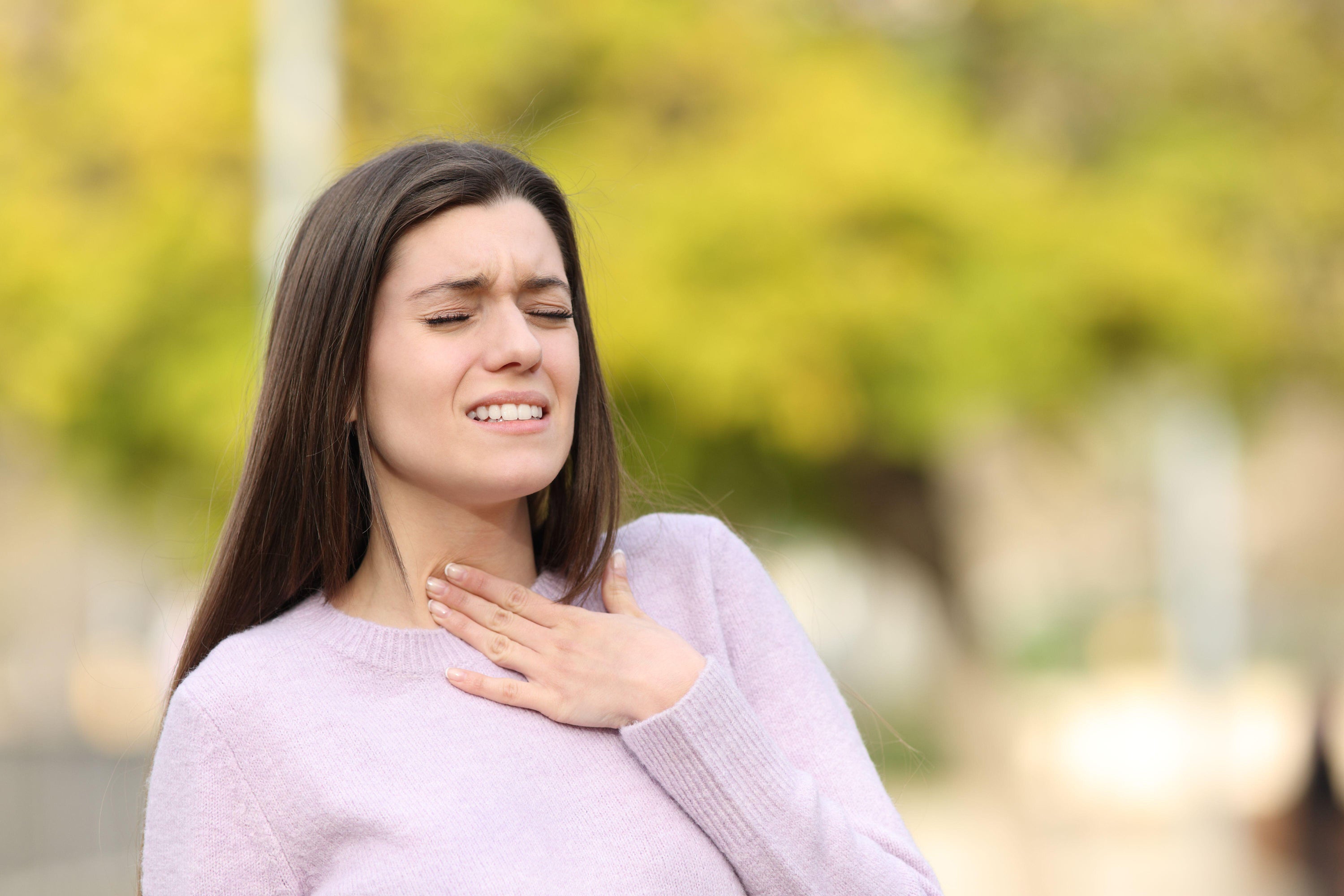Feel a cold coming on? Here’s how to stop it getting worse
A doctor explains the dos and don’ts of the common cold. By Katie Wright.

Your support helps us to tell the story
From reproductive rights to climate change to Big Tech, The Independent is on the ground when the story is developing. Whether it's investigating the financials of Elon Musk's pro-Trump PAC or producing our latest documentary, 'The A Word', which shines a light on the American women fighting for reproductive rights, we know how important it is to parse out the facts from the messaging.
At such a critical moment in US history, we need reporters on the ground. Your donation allows us to keep sending journalists to speak to both sides of the story.
The Independent is trusted by Americans across the entire political spectrum. And unlike many other quality news outlets, we choose not to lock Americans out of our reporting and analysis with paywalls. We believe quality journalism should be available to everyone, paid for by those who can afford it.
Your support makes all the difference.Sometimes it’s a scratchy throat, maybe you’ve started sneezing, or perhaps your muscles are aching.
We all know the telltale signs that – whatever time of year it might be – a cold is on the way.
But is there actually anything you can do to stop a cold in its tracks? Or is it best to admit defeat and wait for the inevitable to happen?
We asked a doctor for their advice on what you should and shouldn’t do when you feel a cold coming on…
What is a cold?
“The common cold is an infection in the upper respiratory tract, caused by a virus,” explains Dr Bryony Henderson, lead GP at the digital health provider Livi (livi.co.uk). “It causes characteristic sneezing and a runny nose – and although it’s not usually clinically serious, it can be very annoying and uncomfortable.”
Symptoms can include a runny or blocked nose, sneezing, headaches, a sore throat, a temperature, a cough and muscle aches.
Most adults catch a cold around two or three times a year, but, as any parent knows, children usually have more. “Although more common in winter, a cold can occur at any time of year,” says Henderson.
How can you stop a cold getting worse?
When you start to feel symptoms coming on, there are a few things you can do at home to prevent the cold from worsening.
Henderson says: “Things like getting plenty of rest and sleep, keeping warm, drinking lots of fluids – preferably water over any sugary drinks – and eating nutritious foods that are high in protein can all help. Honey and lemon mixed in warm water can help a cough, although this should not be given to children under 12 months.”
To soothe a sore throat she suggests gargling with salt water (for adults only), while to alleviate a blocked nose or sinus, you could try inhaling steam from a hot shower or a bowl of boiling water with a towel covering your head. “The heat from the steam helps break down mucus build up in the nose or sinuses, making it easier to clear them out by gently blowing your nose,” she explains.
What medicine is best for a cold?
Some over-the-counter medications can be useful as a first line of defence. Henderson says: “Taking paracetamol or ibuprofen, for example, is effective to reduce any pain or a high temperature.”
If you’re feeling bunged up or have a sore throat, she advises: “Decongestant sprays or tablets can also be effective in treating blocked noses or sinuses. Sore throat lozenges won’t treat your cold, but they may provide some relief, so best to keep some of these handy if you start to feel a scratchy throat coming on.”
And when it comes to medication it’s important to remember: “The common cold is a virus so antibiotics will not work – they only treat a bacterial infection.”
Should you see a doctor?
In most cases, there’s no need to see a doctor about a common cold – unless your symptoms are unusually severe.
“It’s important to consult with a doctor if you still have symptoms that have not improved after three weeks, or if you feel very unwell,” says Henderson.
“Particularly if you have a very high temperature, or your symptoms have suddenly gotten worse. If you develop chest pain, wheezing or shortness of breath, it’s important to see your GP.”